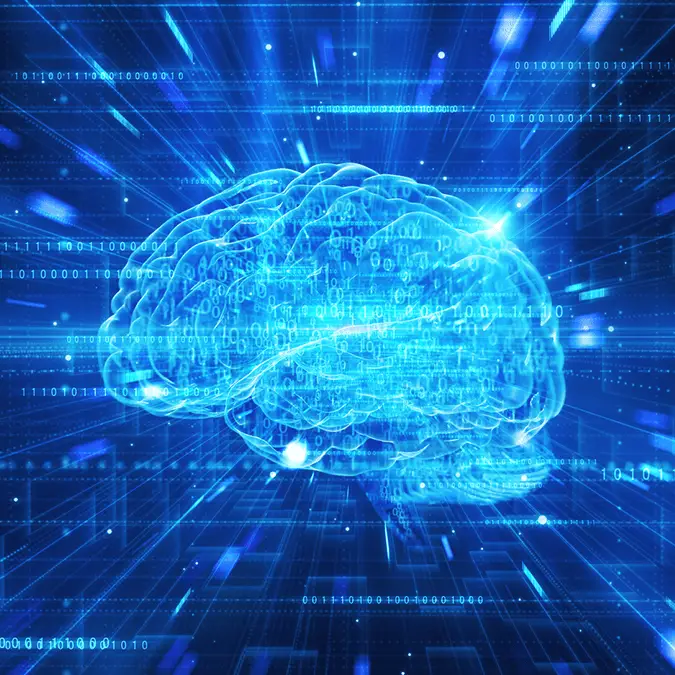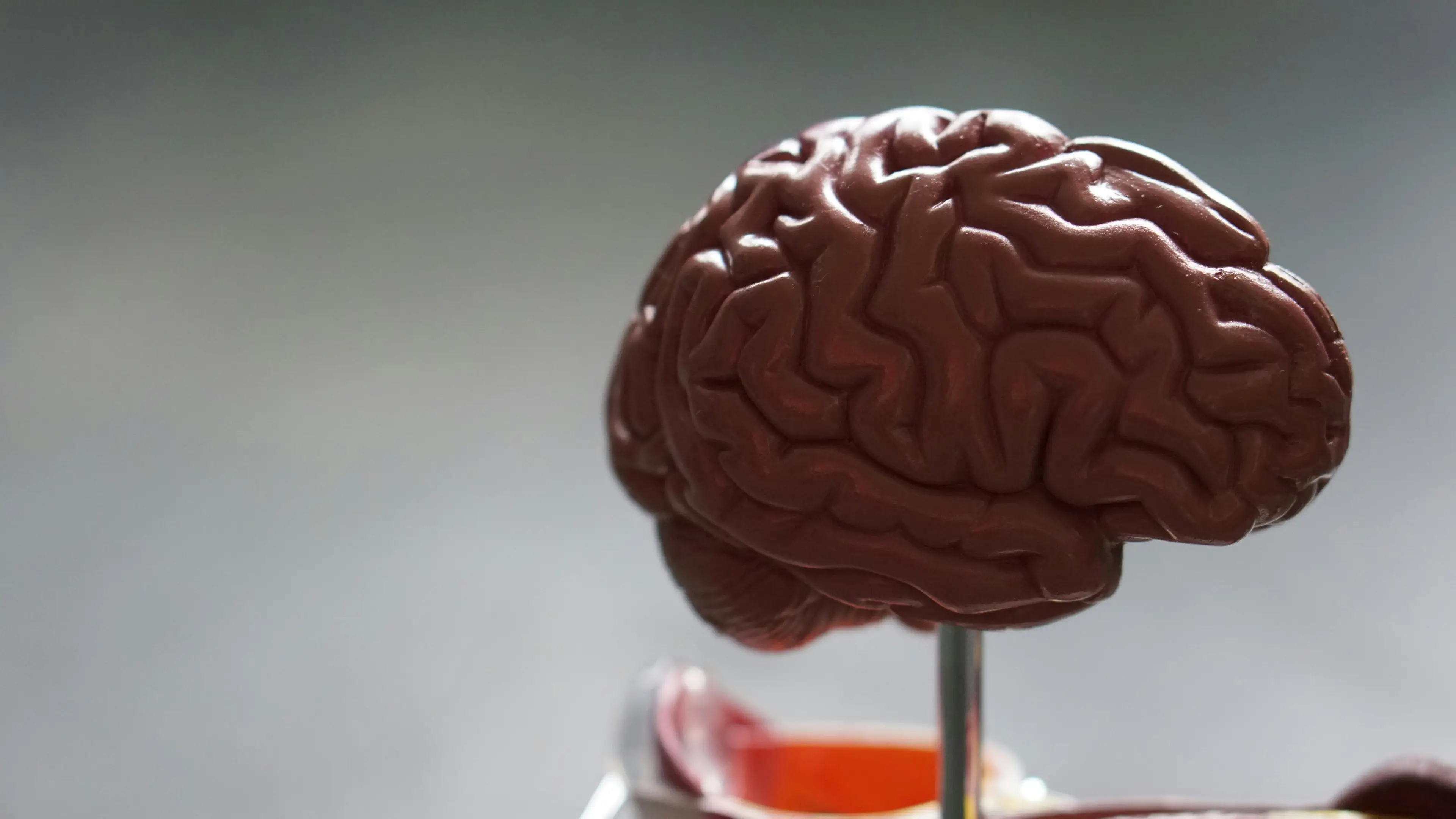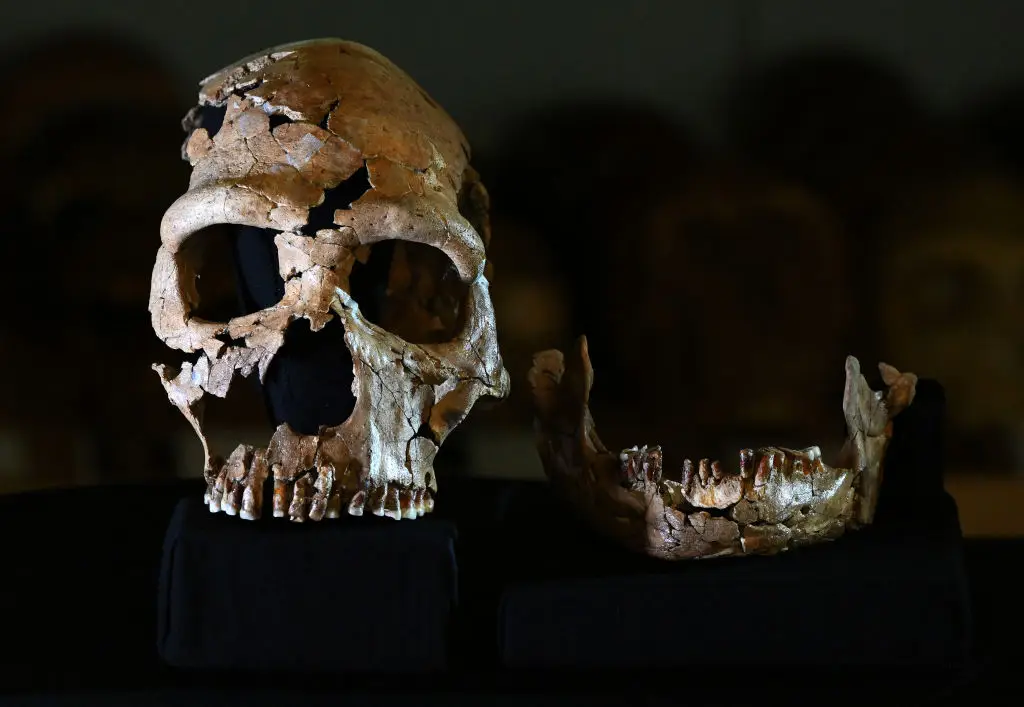
Scientists have managed to quantify the speed of human thought.
Although our brains are capable of sifting through a billion bits of information per second, experts recently found it does in fact have a top speed limit.
Of course, our brains have many advantages over even the most advanced AI, but processing speed isn't one of them.
A team of scientists from Caltech described how they calculated the speed of human thought.
Advert

In a new study published in the journal Neuron, Professor Markus Meister and Ph.D. student Jieyu Zheng, analysed a variety of human activities - like reading, writing, playing video games, and even solving a Rubik’s Cube - to calculate this number.
It was revealed that our actual 'thought speed' is capped at just 10 bits per second. That’s millions of times slower than a basic Wi-Fi connection, which can handle around 50 million bits per second.
Now remember the speed they were testing determined how many bits of information the brain can process in thoughts per second.
“This is an extremely low number,” Meister stated.
“Every moment, we are extracting just 10 bits from the trillion that our senses are taking in and using those 10 to perceive the world around us and make decisions."
He added: "This raises a paradox: What is the brain doing to filter all of this information?”
Another mystery is: why can we only focus on one thought at a time instead of processing multiple ideas simultaneously?
The authors suggest that it likely has to do with the way our minds evolved over millions of years for survival.
Millions of years ago, our brains didn’t need to process endless streams of data, we just had the basic survival task to find food and avoid predators. This strategy, which has been around for over 600 million years, might still be shaping how we process information today.

Today, even though modern humans deal with more abstract ideas than hunting and gathering, our brains still operate in a slow, methodical way, filtering out most of the noise and focusing only on what’s necessary for survival.
And even though AI can process mountains of data in seconds, it's our creativity, intuition, and decision-making skills that set us apart.
“Our ancestors have chosen an ecological niche where the world is slow enough to make survival possible,” Meister and Zheng wrote in the study. “In fact, the 10 bits per second are needed only in worst-case situations, and most of the time our environment changes at a much more leisurely pace.”
So next time you’re feeling overwhelmed with information, just remember that your brain wasn't built for speed. It was built for survival.